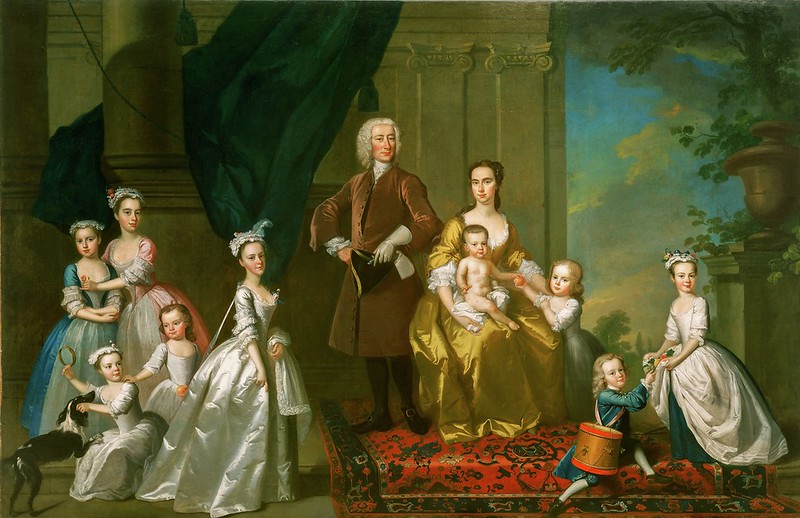Carl Friedrich Zelter (1758-1832)
- Concerto per il Viola di Braccia, 2 Violini, 2 Viole, 2 Corni e
Basso (1779)
Performers: Georg Schmid (1907-1984, viola); Kammerorchester Des
Saarländischen Rundfunks, Saarbrücken;
Karl Ristenpart (1900-1967,
conductor)
Further info: Carl Friedrich Zelter (1758-1832) - Lieder
---
German composer, conductor and teacher remembered primarily as a
composer of lieder. The son of the mason George Zelter, he was brought
up in the same trade, but his musical inclinations soon asserted
themselves. He began training in piano and violin at 17, and from 1779
he was a part-time violinist in the Doebbelin Theater orchestra in
Berlin. Also there he was a pupil of C.F.C. Fasch (1784-86). In 1786 he
brought out a funeral cantata on the death of Frederick the Great. In
1791 he joined the Singverein (later Singakademie) conducted by Fasch,
often acting as his deputy, and succeeding him in 1800. He was elected
associate ("Assessor") of the Royal Academy of the Arts in Berlin in
1806, becoming a teacher in 1809. In 1807 he organized a Ripienschule
for orchestra practice, and in 1809 he founded in Berlin the
Liedertafel, a pioneer men's choral society that became famous; similar
organizations were subsequently formed throughout Germany, and later in
America. Zelter composed about 100 men's choruses for the Liedertafel.
In 1822 he founded the Royal Institute for Church Music in Berlin, of
which he was director until his death (the Institute was later
reorganized as the Akademie fur Kirchen- und Schulmusik). His students,
among others, included Mendelssohn, Meyerbeer, Loewe and Nicolai. Goethe
greatly admired Zelter's musical settings of his poems, preferring them
to Schubert's and Beethoven's; this predilection led to their
friendship, which was reflected in a voluminous correspondence,
'Briefwechsel zwischen Goethe und Zelter' (ed. in 6 vols. by F.W.
Riemer, Berlin, 1833-34; ed. in 3 vols. by L. Geiger, Leipzig, 1906; ed.
in 4 vols. by M. Hecker, Leipzig, 1913; Eng. tr. by AD. Coleridge,
London, 1887). His songs are historically important, since they form a
link between old ballad types and the new art of the lied, which found
its flowering in Schubert and Schumann. Zelter's settings of Goethe's
'König von Thule' and of 'Es ist ein Schuss gefallen' became extremely
popular. He published a biography of C.F.C. Fasch (Berlin, 1801).
Zelter's autobiography was first published under the title 'C.F. Zelter.
Eine Lebensbeschreibung nach autobiographischen Manuscripten', ed. by
W. Rintel, then as 'C.F. Zelter. Darstellungen seines Lebens' (Weimar,
1931).

Cap comentari:
Publica un comentari a l'entrada